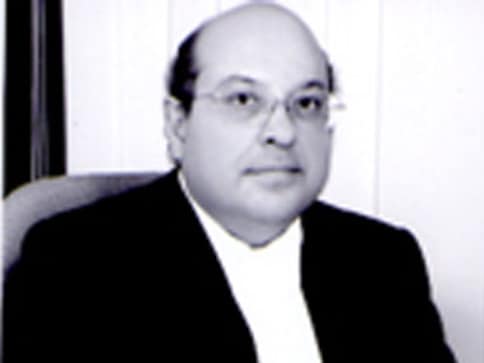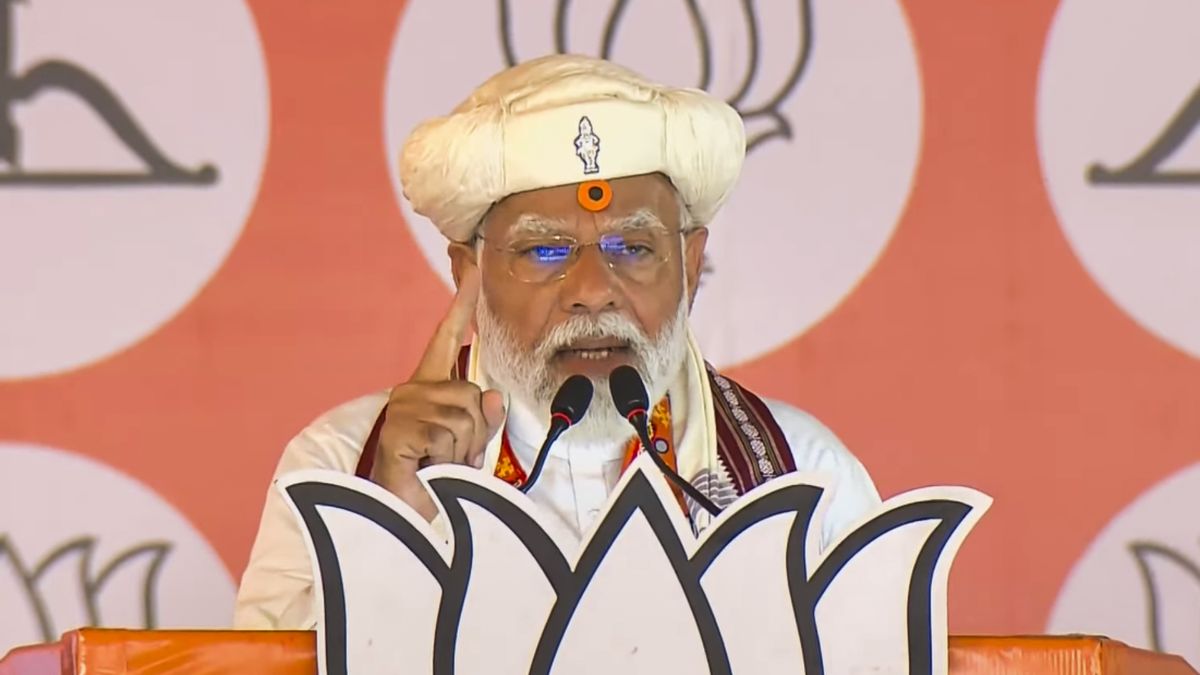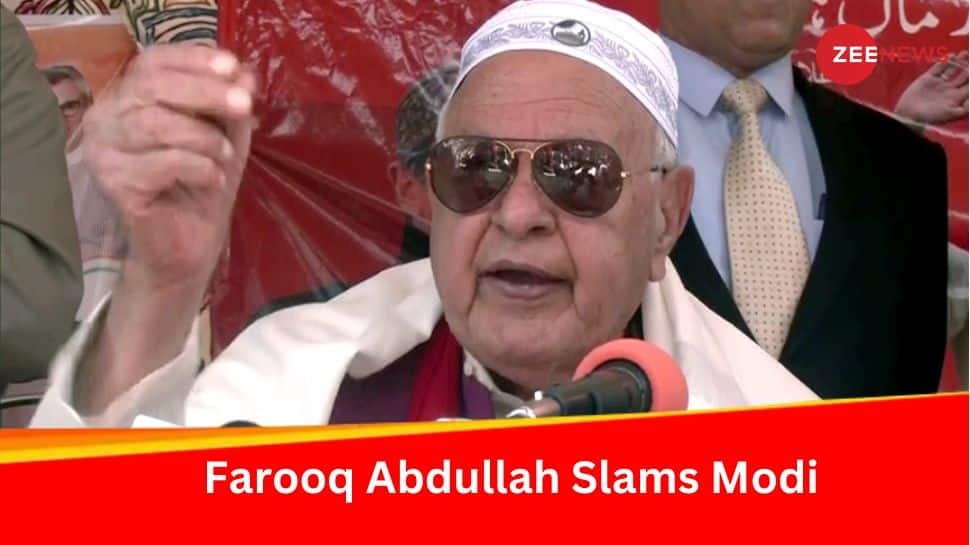Justice Rohinton Fali Nariman, the second most senior judge of the Supreme Court, will demit office Thursday after serving a seven-year term as a Supreme Court judge.

File image of Supreme Court judge RF Nariman. Image courtesy: supremecourtofindia.nic.in
Justice Rohinton Fali Nariman, the second most senior judge of the Supreme Court, will demit office Thursday after serving a seven-year term as a Supreme Court judge.
Although the complex system of seniority-based appointments among judges meant that Nariman could not reach the apex post of Chief Justice of India, the legal doyen had a path-breaking career and leaves behind a rich legacy in his own right.
He was only the fifth senior lawyer in India to be elevated from bar to the bench in 2014, a feat achieved by only eight people in all since Independence. In 1993, then Chief Justice of India MN Venkatachaliah had to amend the court’s rules to designate him as a senior advocate at the age of 37; the rules only allowed the elevation after the age of 45. He was appointed Solicitor General of India in 2011.
As far as his personal legacy goes, as a member of many Constitution benches and as an erudite constitutionalist throughout his career, his contribution to some landmark verdicts will remain etched in the history of the country’s evolving jurisprudence.
Shreya Singhal vs Union of India: The landmark case that struck down Section 66A of IT Act
After his appointment in 2014, the earliest judgment that cemented his reputation as a judge among the masses was the Shreya Singhal case in 2015. His landmark judgment, as part of a two-judge bench, struck down section 66A of the IT Act, which empowers police to arrest a person for as vague a charge as allegedly posting ‘offensive materials’ on social networking sites.
The judgment held that the controversial section not only extended overreaching powers to the law enforcement agencies but also amounted to violation of a person’s freedom of speech.
The court had said that the act violated section 19(a) of the constitution which constitutes the right to free speech, and threatens the right of the people to question and defend. The court also said it affected the right of the people to know.
But there was also a unifying theme in the courts’ observations, one that will continue to guide future generations of jurists as they refer back to the landmark case for constitutional guidance.
In striking down the law, the court also said that the act was too vague and that it cannot be properly implemented as governments come and go, thereby establishing that a legislature that swears by the principles of constitutional democracy cannot create a law that can be manifested arbitrarily.
Assam Sanmilita Mahasangha v. Union Of India: The ruling that nudged Assam, Union governments to finish NRC
What is referred to as the ‘only blot’ in his otherwise illustrious career, this judgment by Justices Nariman and Ranjan Gogoi was the reason the National Register of Citizens process was initiated in Assam, even though the matter of constitutional validity of the law was referred to a larger bench.
The order that came on 17 December 2014, initiated the NRC update in earnest through an order in the case of Assam Sanmilita Mahasangha v Union of India. The Mahasangha had challenged section 6A of the Citizenship Act that had been enacted to give effect to the Assam Accord by providing separate rules of citizenship in the state.
Under the provision, in contrast with the other states, the migrants of Indian origin who settled in Assam before 25 March, 1971 could qualify either as Indian citizens or for a route to citizenship. The argument behind this was that the provision violated the right to life of the citizens in the state by encouraging the “massive influx of illegal migrants” from Bangladesh. It also argued that the distinct regime compromised their right to culture as guaranteed by the Constitution.
What ensued was a sketchy and largely disruptive exercise to examine paperwork to segregate ‘original residents’ from ‘illegal undocumented migrants’. The exercise put the burden of proof on a largely poor and illiterate population that lives in a state prone to frequent floods and natural calamities. Several aspecs of the matter remains subjudice while the ‘indegenous community’ on whose insistence the whole exercise was perpetuated also remains unsatisfied. So a final word on this is still awaited.
Shayara Bano vs Union Of India: The verdict that made triple talaq unconstitutional
Justice Nariman’s views were part of the 3:2 majority verdict that ruled that the practice of divorce through triple talaq among Muslims is “void”, “illegal” and “unconstitutional”. Writing for himself and Justice UU Lalit, the judge held that gender equality must outweigh religious freedom.
He also articulated the principle of “manifest arbitrariness” as a ground to invalidate legislation, something which will be revisited by fellow jurists in the times to come. He held “It is clear that this form of talaq is manifestly arbitrary in the sense that the marital tie can be broken capriciously and whimsically by a Muslim man without any attempt at reconciliation so as to save it. This form of talaq must, therefore, be held to be violative of the fundamental right contained under Article 14 of the Constitution of India…”
KS Puttuswamy versus Union of India: Right to privacy is a Fundamental Right
In a landmark decision that will continue to have far-reaching effects on the lives of all Indians, the Supreme Court in August 2017 unanimously declared that right to privacy was a fundamental right under the Constitution. Nariman, as part of a nine-judge Constitution bench ruled that “right to privacy is an intrinsic part of Right to Life and Personal Liberty under Article 21 and entire Part III of the Constitution”.
The nine judges unanimously overruled the two earlier judgements of the apex court that right to privacy is not protected under the Constitution.
The judgment not only set a new benchmark for Indian democracy, it also clearing all ambiguity on privacy, which could have implications in the context of contemporary issues such as data theft, data mining and a citizen’s right to withdraw consent on sharing of data.
Besides these, other stellar judgments by Nariman include a 2018 verdict that struck down Section 497 of the Indian Penal Code that made adultery a punishable offence for men, another judgment that decriminalising homosexuality and a minority ruling in the Sabrimala case, (in which he had been part of the original decision to declare the discrimination against women devotees unconstitutional) to a larger bench.







More News
When Soldiers Martyred In Pulwama, PM Modi Was Shooting In Jungle: Farooq Abdullah
Jharkhand minister’s secretary, aide in ED custody for 6 days | India News – Times of India
Glorification Of Violence…: India Slams Canada For Providing Shelter To Criminals